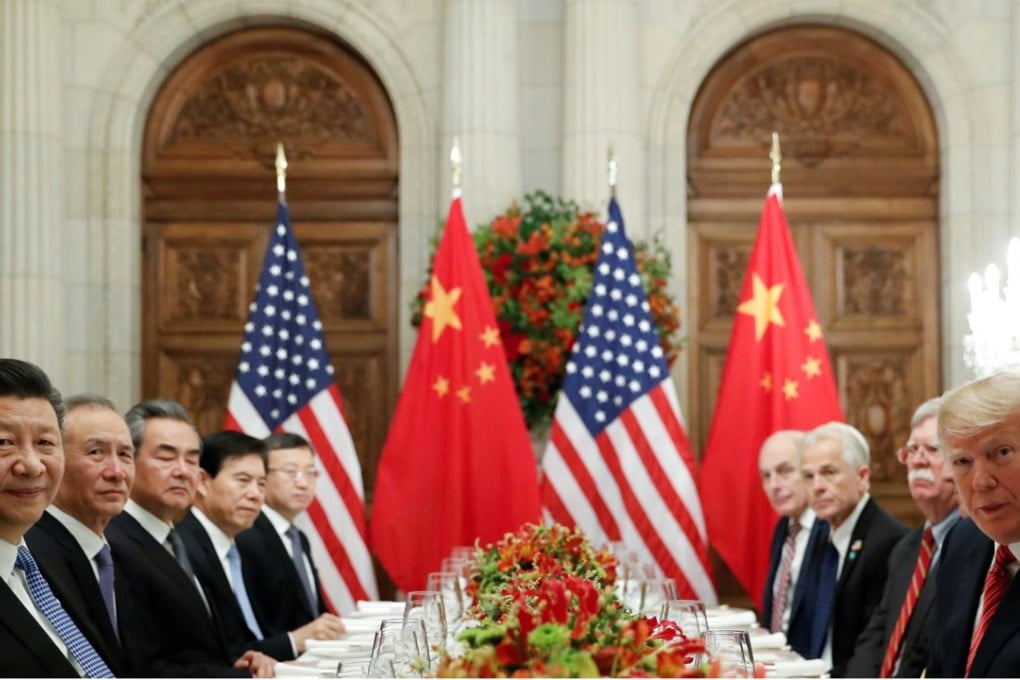Six key things Xi Jinping and Donald Trump discussed at G20 summit dinner
- A 90-day truce in the US-China trade war was the headline outcome from the Argentina summit
- What else can we conclude from the statements from the two countries?

While a trade war truce was the biggest menu item at the 2½-hour dinner between Chinese President Xi Jinping and his US counterpart Donald Trump, there were other key takeaways from their historic summit in Buenos Aires.
Both nations will be relieved that the escalating trade tensions – which erupted with the imposition of tariffs on July 6 – are contained, but the United States took the opportunity to raise demands which may lead to further confrontation ahead.
It also appears Taiwan may still be a stumbling block for the two nations.
US sets China 90-day deadline to reach trade deal
But Chinese Foreign Minister Wang Yi described the talks as “friendly and candid”, indicating the Chinese side was satisfied with the outcome.
“The agreements reached not only prevent the trade confrontation from further escalating, but also open up more space for win-win cooperation of both nations,” Wang said after the two leaders’ met.
US conditions to tariff agreement
Both nations agreed that no additional tariffs would be imposed on January 1.